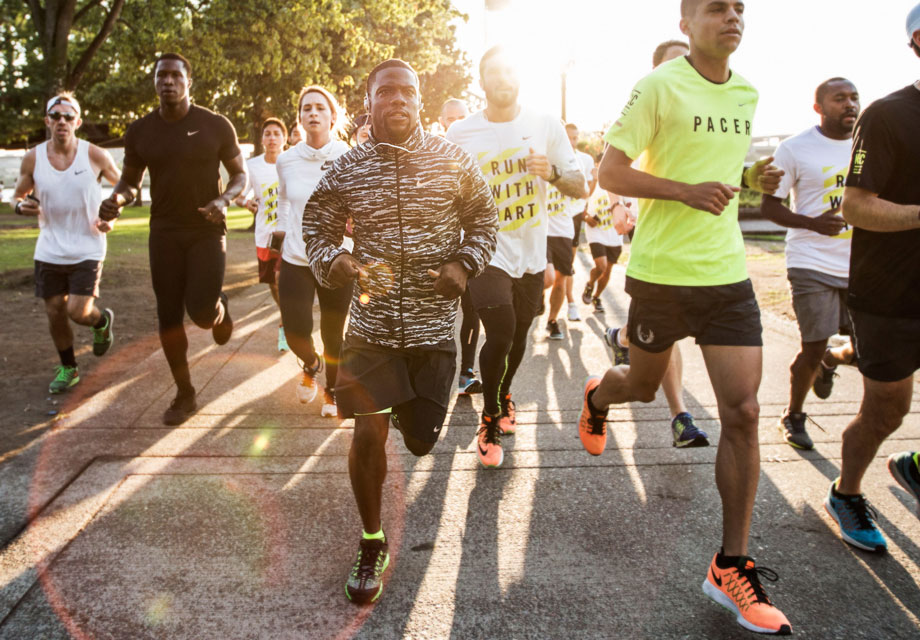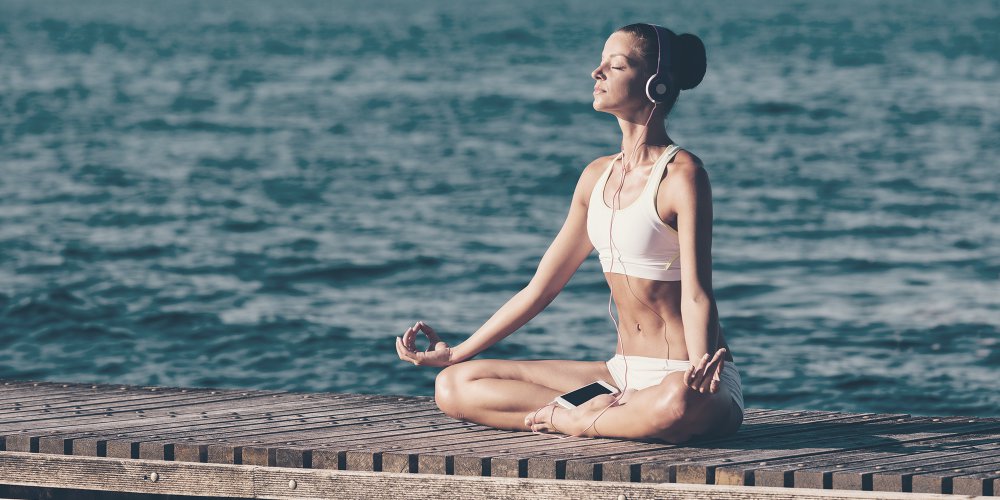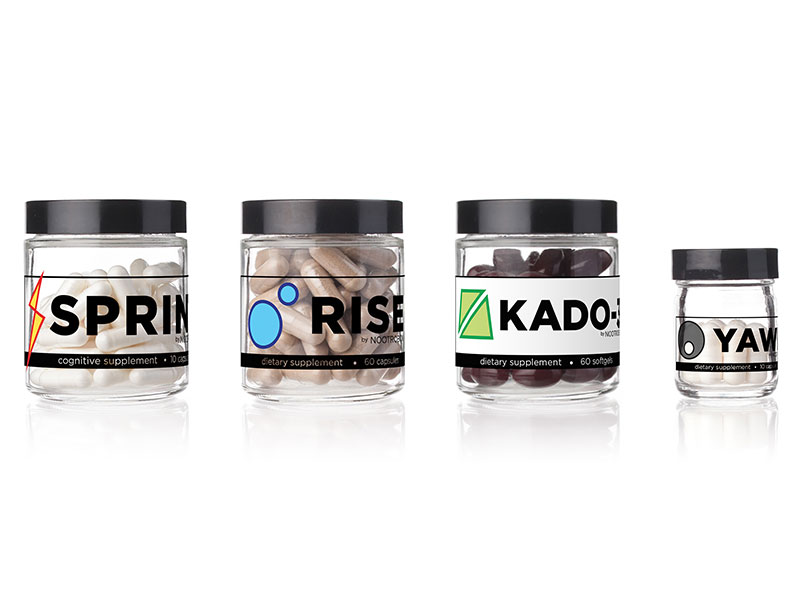Healthy Lifestyle is now in vogue, every microinfluencer will tell in his blog what vitamins he takes, what kind of yoga he prefers and how many kilometers he runs a week. A healthy lifestyle, as defined by the World Health Organization, is aimed at reducing the risk of serious illness and premature death. Improves health, “helps you enjoy more and more aspects of your life; helps your family. » The four most important aspects are: quitting tobacco, alcohol, implementing physical activity and a healthy diet. Clearing your mind, dealing with feelings and emotions is also related to healthy lifestyle.

Lack of attention paid to mental health and lack of stability and motivation are the most common problems in this area, which many startups are looking for and finding solutions to. These are trackers (Moves) that remind you to move more, calorie counters (EasyFit, MyFitnessPal), meditation programs (Pacifica, Headspace).

BIOHAKING
The most interesting discoveries and breakthroughs in science are increasingly occurring at the intersection of disciplines, but there are only a few professionals who would cover several. Especially in the case of medicine, where you need to spend decades to master only one specialty and then continuously improve your qualifications in it. A biohacker is just that person who finds himself at the intersection of sciences and specialties, an amateur with a wide profile, synthesizing new knowledge in the DIY format. Driven by the spirit of innovation, they want to free themselves from the limitations of nature, age and disease. Hacking itself consists in searching for previously unknown approaches and patterns, striving for a measurable individual result.
The task is set to be futuristic and attractive — to empower ordinary people. Are we watching too many movies about superheroes (Marvel), wizards (Harry Potter) and now, in all seriousness, are we growing wings? Thus, all this quest for superpower was made possible by the increased information flow. Another important feature of a biohacker: read scientific articles in full, be able to assess the quality of research.

The reason is that state healthcare systems are usually focused on treating diseases, in the most developed countries on their prevention, in recent years improving the quality of life has appeared on the agenda. The institution of medical examination is often not detailed enough, and citizens have to deal with attentive check-up and real improvement in the quality of life by themselves. Turning the system to your advantage and getting the desired result from state healthcare is the same hacking, by the way.
The concept is based on the fact that the body is a system in which bugs (fatigue, illness and death) arise that can be corrected, and it is in our power to increase productivity and simulate life expectancy, as well as regulate the level of energy, intellectual and physical abilities. The program is always personalized.

WHY BIOHACKING IS A HEALTHY LIFESTYLE 2.0
The difference between biohackers and people who practice healthy lifestyle is that only a few of the latter will become biohackers if only they develop an analytical approach to the issue. Understanding your body, being able to choose good doctors is sometimes a critical skill for survival. When the passive position of the “patient” enters the active phase, this is “biohacking” in a broad sense. It means to be the master of yourself and to control your body and mental health, that is, to lead a meaningful healthy lifestyle.
The medical community is conservative, and in the case of the introduction of advanced research and methods, this is an inhibiting factor. Doctors follow protocols, and the healthy lifestyle fits into tradition. The biohacker is often met with misunderstanding and ridicule from conservatives.

GLOBAL BIOCHAKING MARKET: STARTUPS
Increased awareness, increased attention to smart devices and effective drugs, and the demand for innovation and interest in clever gadgets and remedies, coupled with an increase in chronic diseases, increasing life expectancy and, as a result, an aging population are factors that are expected will stimulate the global market. At the same time, there are many constraints at work, such as the strict regulation of genetic engineering experiments, the high cost of research, and a lack of experience and practice in cybersecurity.
Biohackers are using various products for studying the human body. Experiments in biology involve the use of drugs or genetics or implants that improve the capabilities or qualities of living organisms through a combination of food, electronic and medical technologies. How big can such a new and niche sector be? So far, the opportunities for growth seem endless.
By type, the market can be divided into external and internal biohacks. In terms of product, these are smart drugs, microchips, magnetic fingertips, brain sensors, RFID implants, bacterial and yeast strains, body sensors, and smart blood pressure monitoring devices. Applications: synthetic biology, genetic engineering, diagnostics and treatment, testing.

An important concept is check-up. A biohacker must thoroughly check his body and constantly monitor his progress. You can track your heart rate, steps, blood sugar and body movement, calorie burn, or any other metric. Biohacking’s capabilities for tracking human biological activity are broad, innovative and constantly expanding. For example, the 23andMe company analyzes genetic predispositions by drop of saliva. And Plink made a toolbox for genome analysis available. Well-known market players include Thync Global Inc. (USA), Synbiota (Canada), Apple (USA), HVMN, Inc. (USA), MoodMetric (USA), etc. And Elon Musk recently announced that his Neuralink neurointerface will allow you to control hormones and use them «for your own good» — for example, to cope with anxiety and think better, points out The Independent. Neuralink will help improve the abilities of ordinary people and empower those who are sick, the businessman said.
